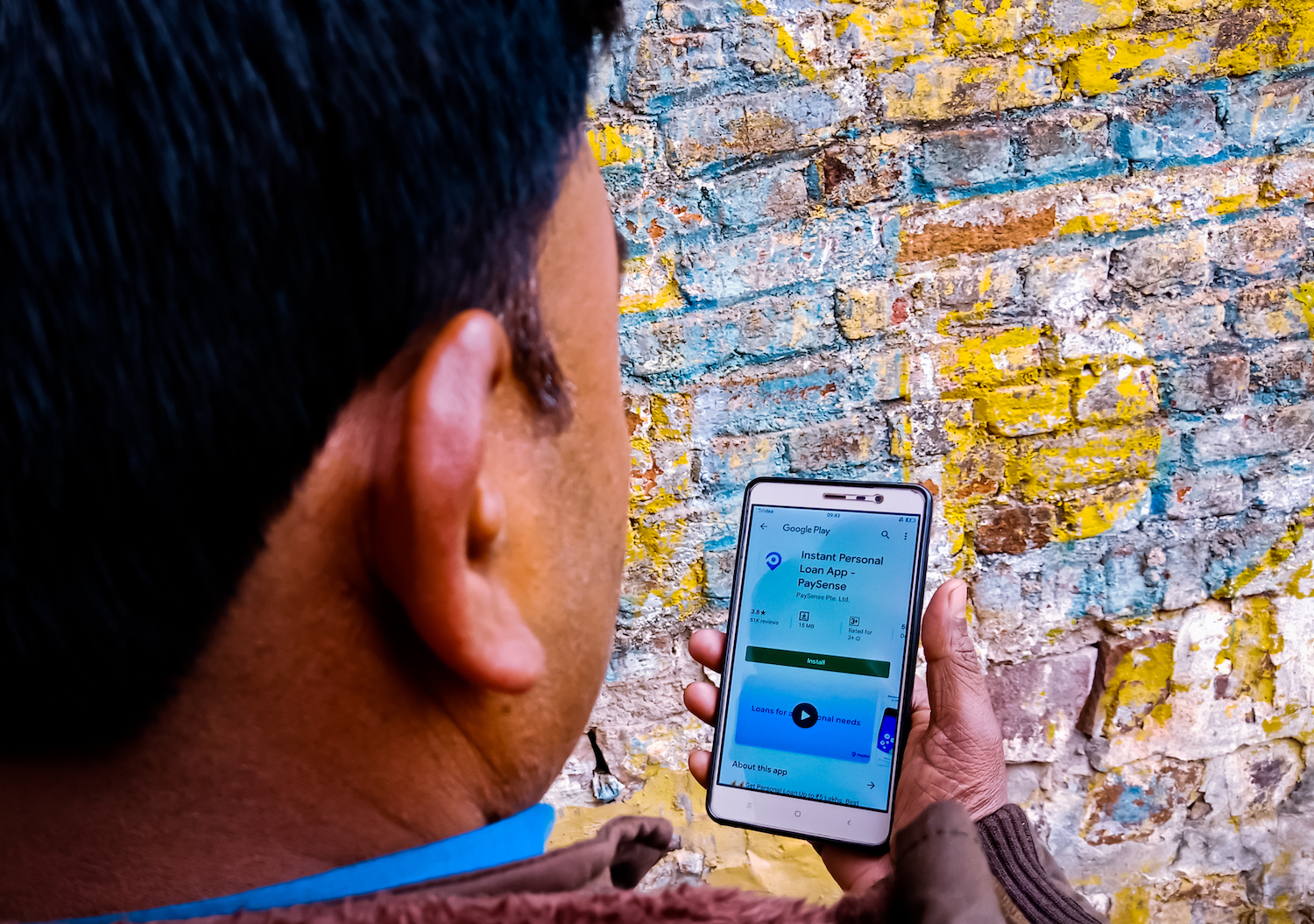ImpactAlpha, Jun. 2 – Critics of microloans to the poor have often lacked a crucial perspective: comprehensive feedback from borrowers.
“Billions of dollars are flooding into a system that promises the world’s poor a better life while often compounding their misery,” report Bloomberg’s Gavin Finch and David Kocieniewski, who spoke to a couple dozen microloan borrowers in Cambodia, Jordan, Sri Lanka and Mexico. Interviews with almost 18,000 borrowers of 72 microfinance institutions in 40 countries tell a different story.
According to the 60 Decibels Microfinance Index, nearly 90% of clients surveyed say their quality of life has improved; 73% of borrowers report increased household incomes; and three-quarters of borrowers say their loan repayments are “not a problem” and “strongly agree” that they understand their loan terms.
Anecdotal outliers aside, says 60 Decibels’ Lindsay Smalling, “billions is flooding into something that the majority of 18,000 people say is improving their quality of life, is giving them access where they had no access, and is not overly indebting them.”
Economic empowerment
60 Decibels deploys more than 800 researchers to collect data directly from customers through mobile, voice-based surveys. The index, which will be updated annually, sheds perspective on 25 million microfinance clients, representing 15% of the global market, the firm says. Two-thirds of those surveyed were women and 30% live below the World Bank poverty line of $3.20/day. Nearly 60% were accessing a loan for the first time.
To be sure, 6% of borrowers surveyed by 60 Decibels report their payments to be a “heavy burden,” an issue that Finch and Kocieniewski document. “That’s something for the field to pay attention to,” says Smalling. Hundreds of microfinance institutions, for example, now commit to frameworks like the Client Protection Pathway, a successor to the SMART Campaign, that push for borrower protections and ethical lending practices.
“But you can’t discount that for the other 94%,” adds Smalling, “this is a huge driver of economic development.”











